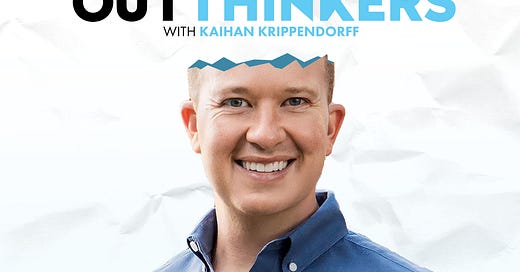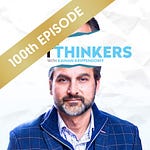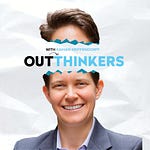Alex Budak is a social entrepreneur, faculty member at Berkeley Haas, and the author of Becoming a Changemaker. He teaches, speaks, and writes to help people make a positive impact in their lives, career, communities, and society.
At UC Berkeley, Alex created and teaches the transformative course, “Becoming a Changemaker,” and is a Lecturer and Faculty Director for Berkeley Executive Education programs.
As a social entrepreneur, he co‐founded StartSomeGood.com, ran Sweden’s most prominent social innovation incubator, Reach for Change, and helped Change.org scale globally.
He has given talks on leadership, entrepreneurship, and changemaking around the world from Cambodia to Ukraine to the Arctic Circle, and at the White House, UN Agencies, and leading companies.
A graduate of UCLA and Georgetown University, Alex loves travel adventures (39 countries and counting), rooting for the underdog, and spending time with his two favorite changemakers: his wife, Rebecca, and their toddler son.
In this podcast, he shares:
Why leadership is not about power, but rather about embracing "moments of micro-leadership"
The three key aspects of being a changemaker—and a formula on how to multiply these aspects to be an effective changemaker
Some practical advice on something you can do with your team and organization to help people embrace learning opportunity of taking risk
__________________________________________________________________________________________
""
-Alex Budak
_________________________________________________________________________________________
Episode Timeline:
00:00—Introducing Alex + The topic of today’s episode
2:05—If you really know me, you know that...
4:12—What is your definition of strategy?
4:26—Could you explain your concept of micro-leadership?
6:00—How did you create your incubator "start some good," and was it related to micro-leadership?
7:17—Why have you dedicated so much of your career to teaching people to become a changemaker?
8:32—What are the elements of being a changemaker?
10:30—How do you get people to experience failure and take it effectively to learn from?
12:54—How can leaders encourage the willingness to fail?
14:48—What is a big misconception of leadership or power?
17:09—How do you know what kind of change you want to commit to?
20:25—Where can people follow you and take the next step in the journey with you?
__________________________________________________________________________________________
Additional Resources:
Personal Page: https://www.alexbudak.com/
Linkedin: http://linkedin.com/in/alexbudak














Share this post